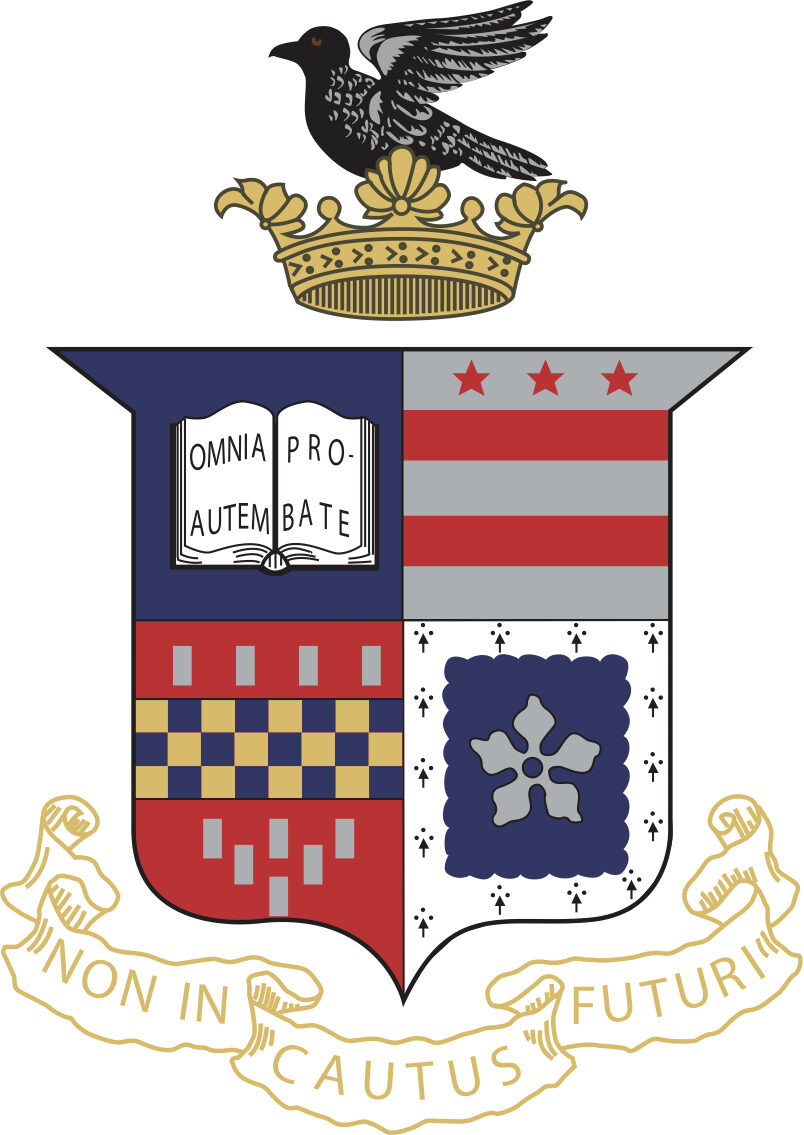In late 2017, the #MeToo movement swept through the United States as individuals from all backgrounds and walks of life revealed their experiences with sexual abuse and sexual harassment. After the #MeToo movement, many scholars, advocates, and policymakers posited that the watershed moment would prompt changes in the ways in which sexual harassment cases were handled. This Article examines the impact the #MeToo movement has had on judicial decisionmaking. Our hypothesis is that the #MeToo movement’s increase in public awareness and political attention to experiences of sexual misconduct should lead to more pro-claimant voting in federal courts at the district and courts of appeals levels.
For district courts, we find that the probability of a pro-employee ruling in a district court increased drastically after November 1, 2017. However, while pro-employee rulings increased in district courts during the #MeToo era, pro-employee rulings decreased in circuit courts during this time period. Our findings suggest that the #MeToo movement—an extralegal social movement—impacted legal rulings that occurred in its wake before district courts but courts of appeals were more restrained in their reaction to the movement. Importantly, the law and legal standards in place during the time period of our study did not meaningfully change. In short, the #MeToo movement had a statistically significant impact on rulings from district court judges.
